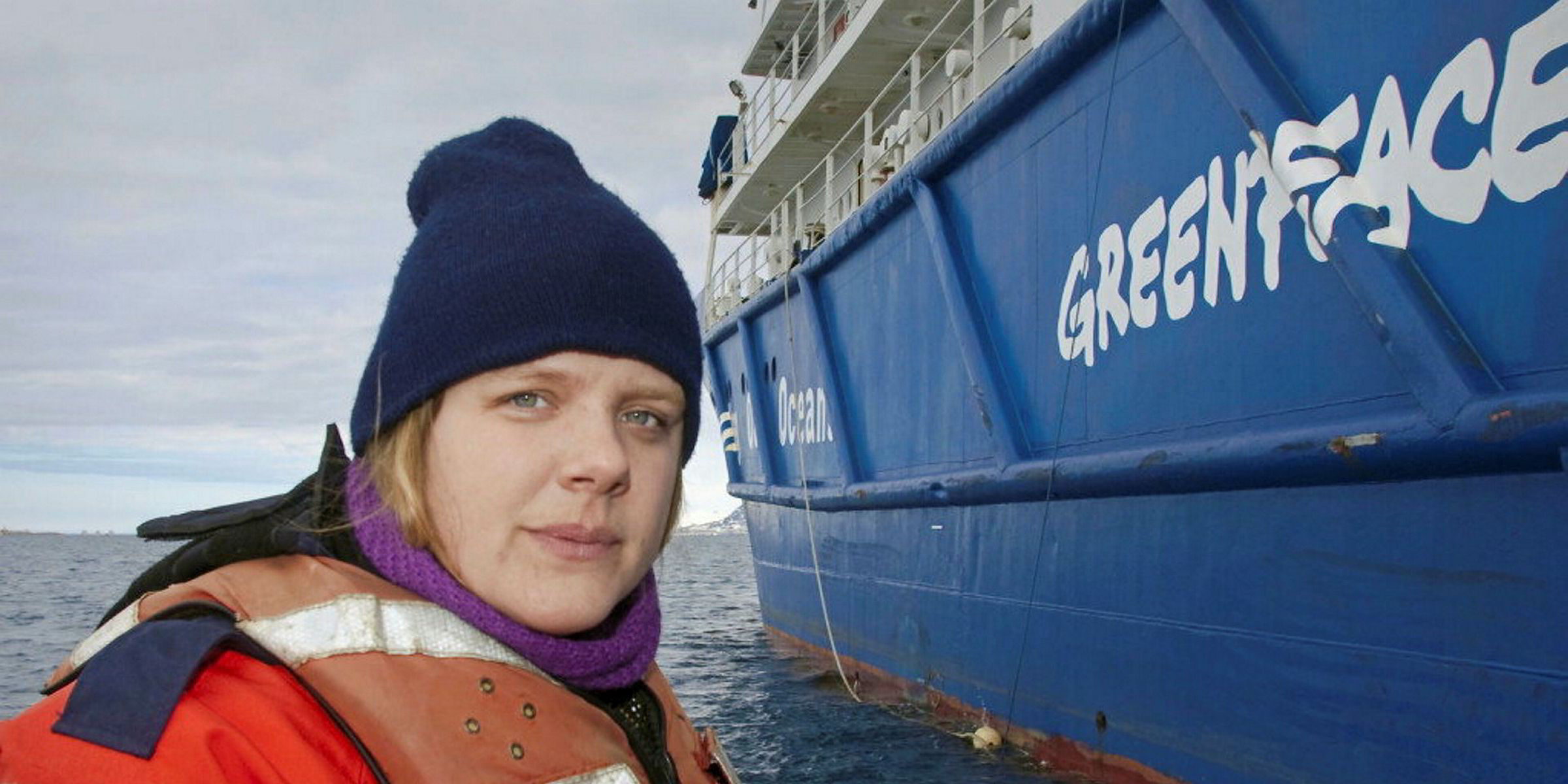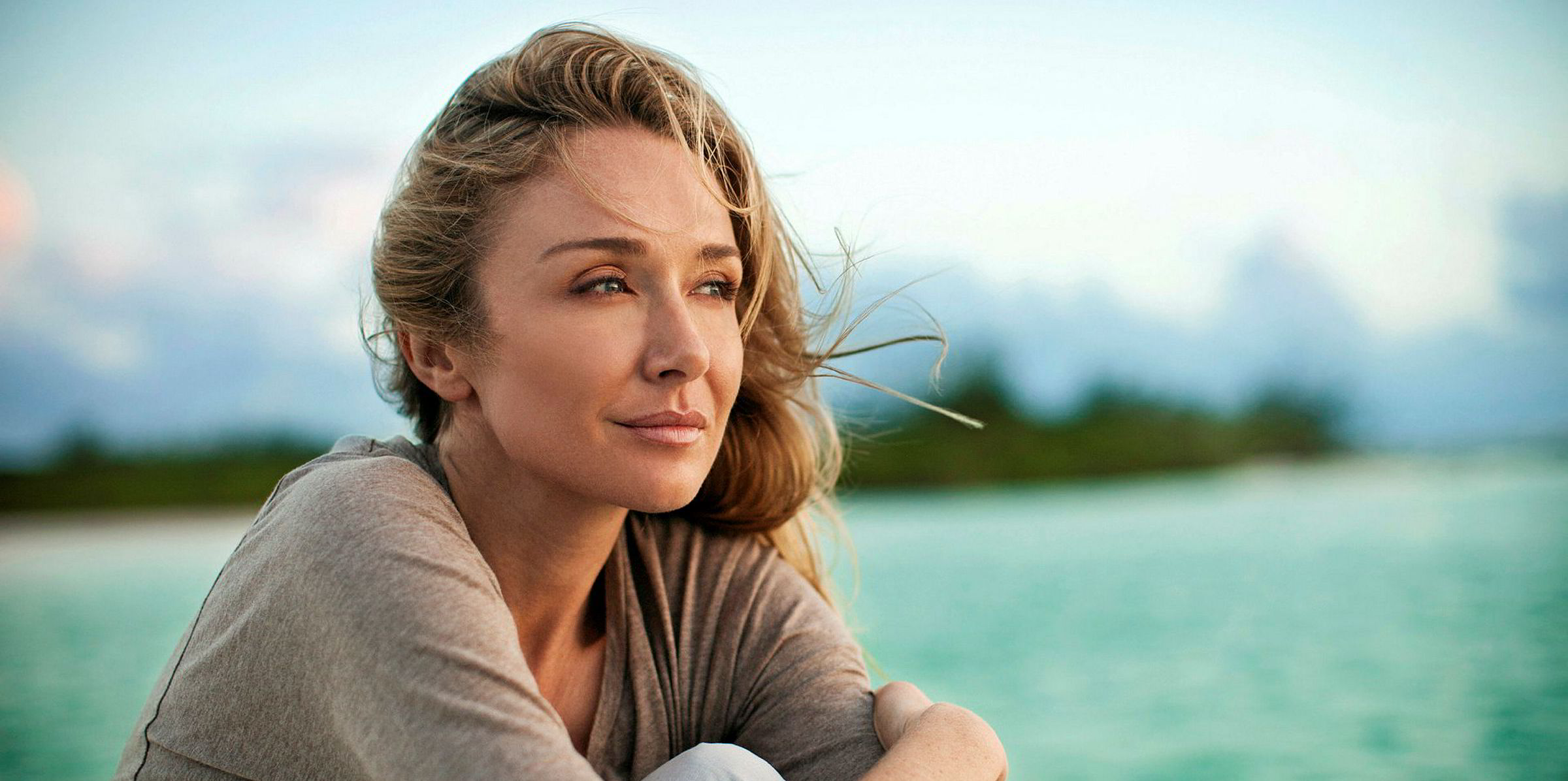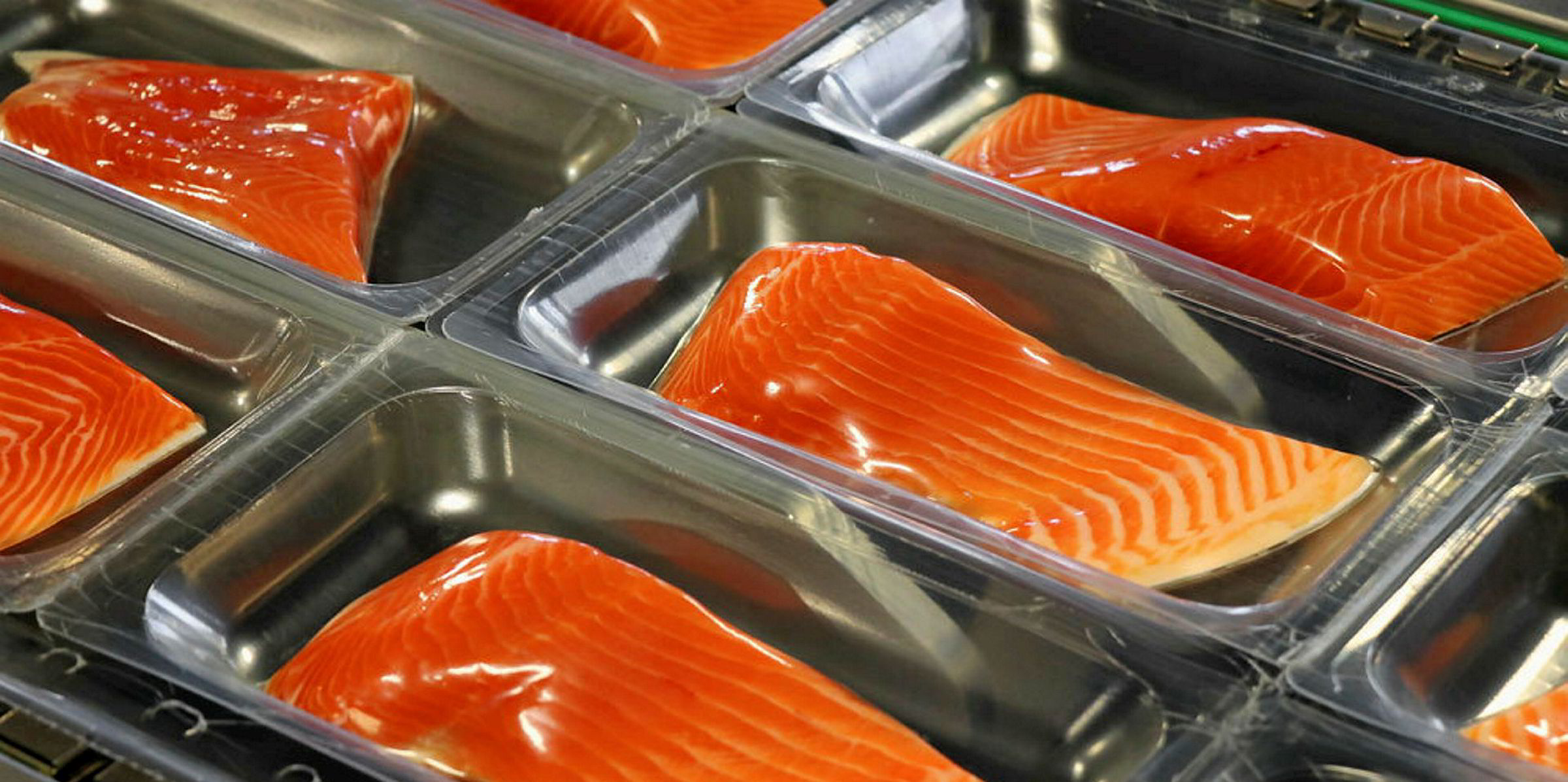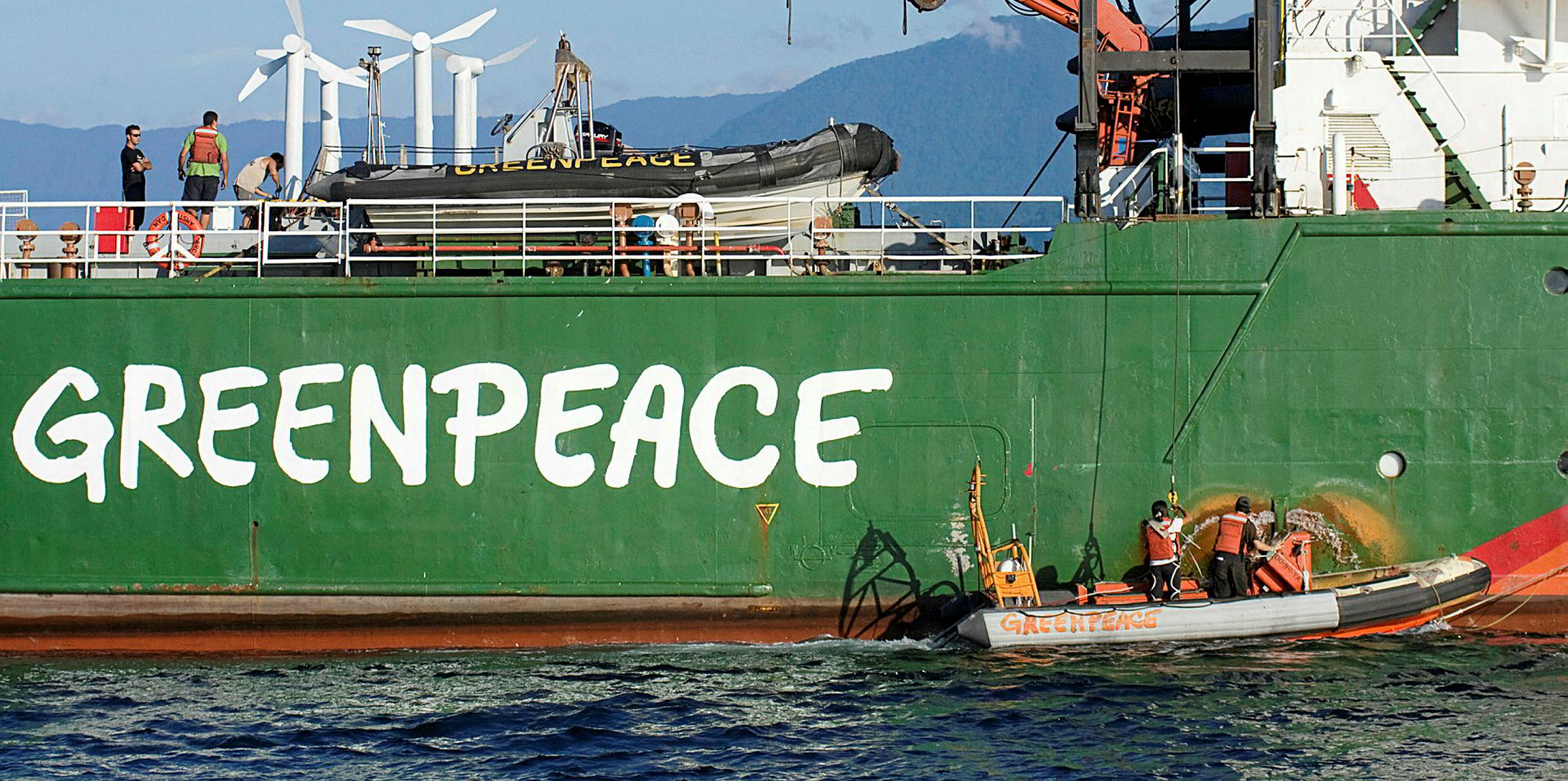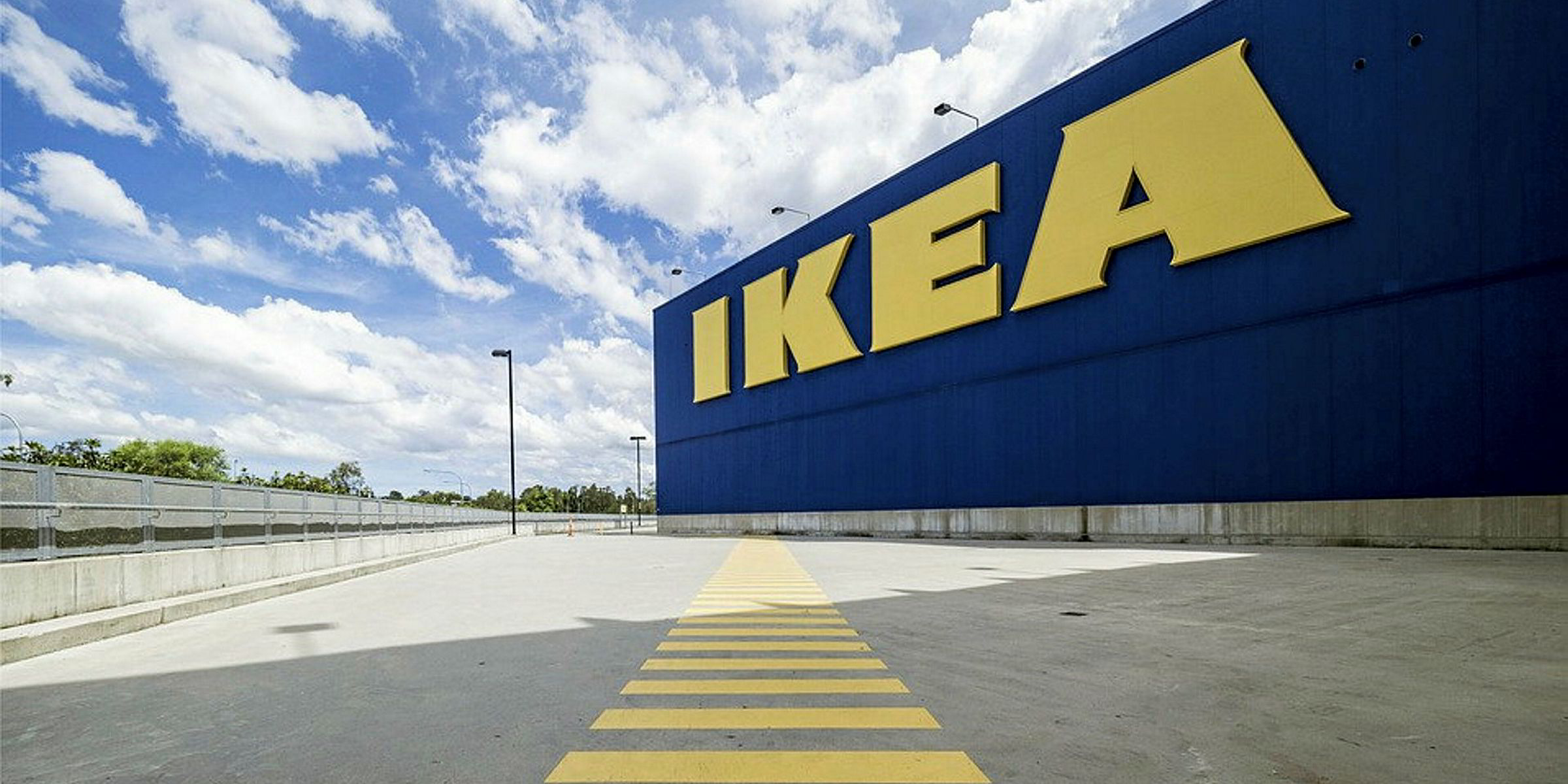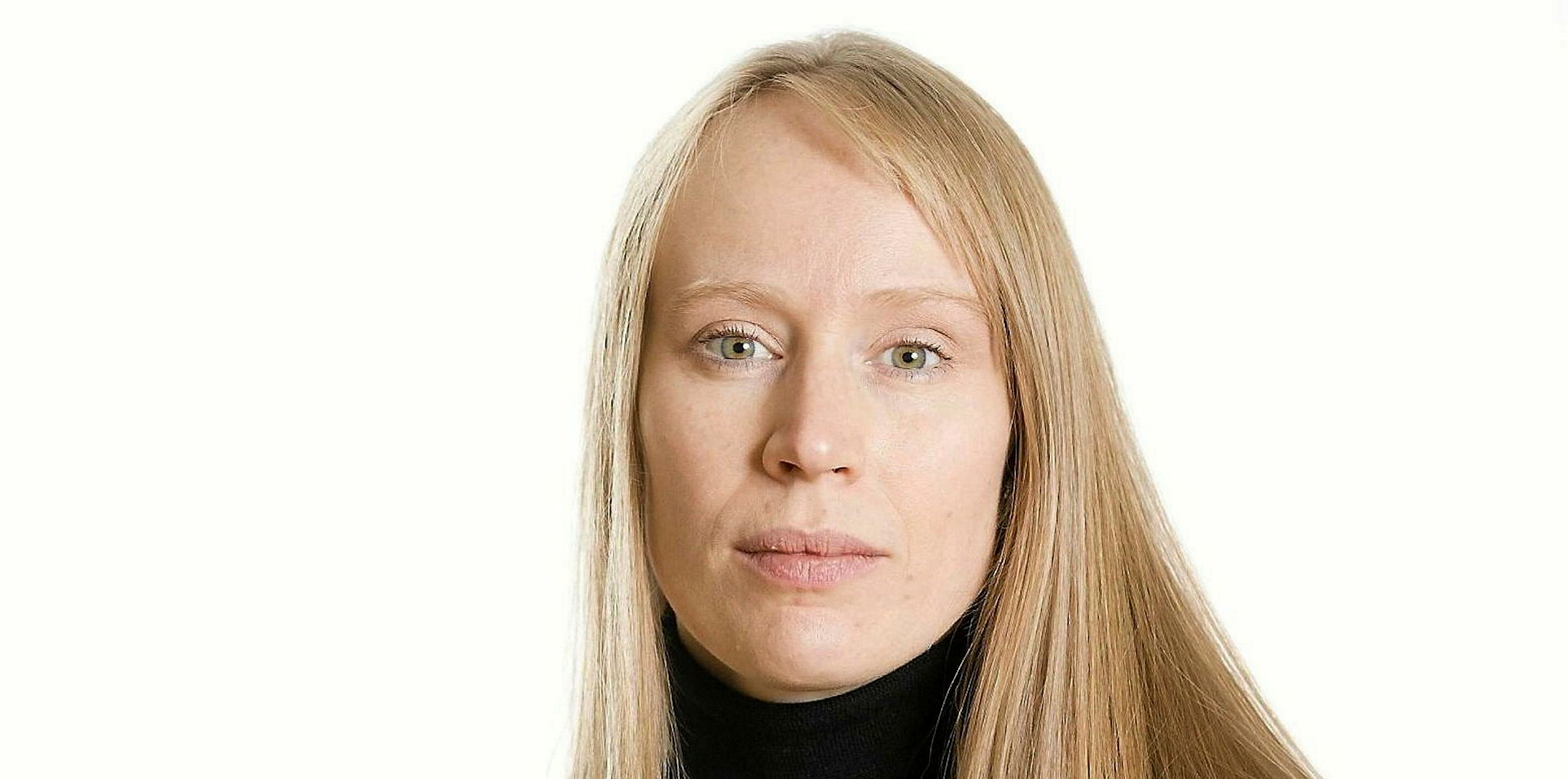What started off as a soft partnership between the Norwegian krill producer Aker BioMarine and non-governmental organization Greenpeace has transformed into a new level of collaboration between the NGO and the industry operating in the Antarctic Ocean.
In 2018, Greenpeace launched a campaign to protect the Antarctic, which, surprisingly, received support from 94 percent of the krill fishing companies that operate in the waters.
Feed giant BioMar, Aker BioMarine and several other UK retailers worked on the project, as well. In less than three months, companies from Chile, Korea and China negotiated voluntary measures to protect areas where penguins breed.
Under the commitment, the area will remain protected until regulations are put in place, which could take several years.
"NGOs give us support in the process towards sustainability," Kristine Hartmann, the executive vice president of transformation for Aker BioMarine, told IntraFish.
"Companies see that sustainability is a more profitable way of running a business and it needs to be at the core of what we do."
Aker BioMarine secured an 'A' rating from the Sustainable Fisheries Partnership (SFP) for the fifth year in a row, signifying that its krill fishery, Antarctic Southern Ocean Krill, is in "very good condition."
Here's what it means
NGOs and key industry players no longer want to stay at odds, because collaboration and constant dialogue is the only driving force for change and sustainability, one Greenpeace campaigner said.
"We are more educated now and see collaboration as the means towards concrete action," Frida Bengtsson, Greenpeace project Protect the Ocean lead told IntraFish.
"It gets done better through dialogue instead of just going against each other."
A decade ago, sustainability meant a different thing to key industry players. It was about complying to public regulations only, Bengtsson said.
"Today, sustainability is about daring to do extra things and thereby regulations will follow or else we will be stuck in the same model that is not supporting the health of the ocean," Bengtsson said.
The increasing amount of sustainability executive roles within the largest corporations in the seafood sector shows the groups view sustainability as both core to their business and a strategic investment.
The Norwegian krill producer Aker BioMarine, for example, most recently appointed Runa Haug Khoury as its new sustainability director, who is also focused on coming to the table with critics to drive sustainability further.
"These companies are seeking us for advice on sustainability and this willingness to do more has advanced a lot compared to 10 years ago," Bengtsson said.
